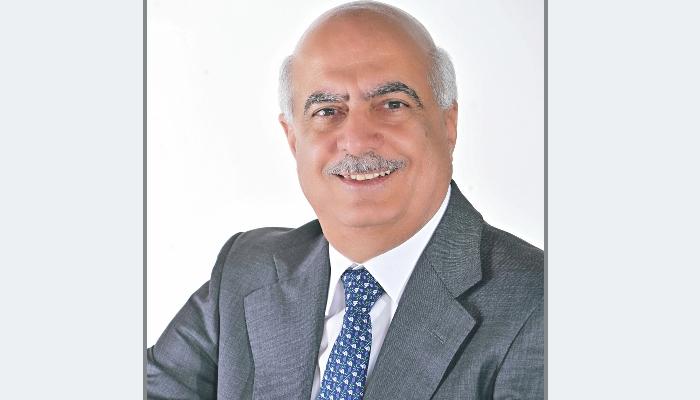
Intertek gears up for increasing demand in its food services during Ramadan
Intertek, a leading quality solutions provider to industries worldwide, says expects demand for its food services business to increase in the Gulf region during the holy month of Ramadan. This increase reflects not only higher consumption during this period, but also stricter government regulations and rise in consumer awareness. Food sales in the Gulf Cooperation Council (GCC) are expected to grow during this peak season, with local retailers anticipating 10% to 15% increase.
The GCC countries are overwhelmingly dependent on food imports to meet their growing requirements. With imports representing between 80-90 per cent of GCC food consumption, Intertek’s assistance in strengthening the food supply chain becomes even more critical. Globally, demand for food is projected to increase by 50 percent over the next 20 years and the region is showing a similar trajectory. In particular, the GCC growth potential of the food industry is largely due to population growth, changing consumption patterns and continuous modernisation of the supply chain. With globalisation encouraging international players to enter the regional markets and local ones to expand their foothold in the sector, regional governments are implementing quality frameworks to ensure the health and safety of their citizens.
As a result, demand for food testing is on a steep rise with a 35% growth in handling food samples in Intertek's regional labs. Intertek‘s food business in the Middle East, North Africa, and Pakistan region increased by 50% last year over the previous year, as a result of greater food inspections at loading ports, testing, analysis, auditing, certification and food consulting activities.
Hussain Al- Atrakchi, Intertek’s Managing Director for the Middle East, North Africa & Pakistan, said: “As awareness of food quality and safety expands and consumption increases, we have been working with government authorities and food service businesses to ensure that the market meets the highest local and international standards in the sector. Governments keen on protecting public health are implementing stringent laws to regulate food import, manufacturing and distribution in order to improve food safety. As a leader in quality solutions, we are at the forefront of emerging international trends in food safety and the associated services, including auditing, consulting and testing which is required to support the latest regulations.”



























